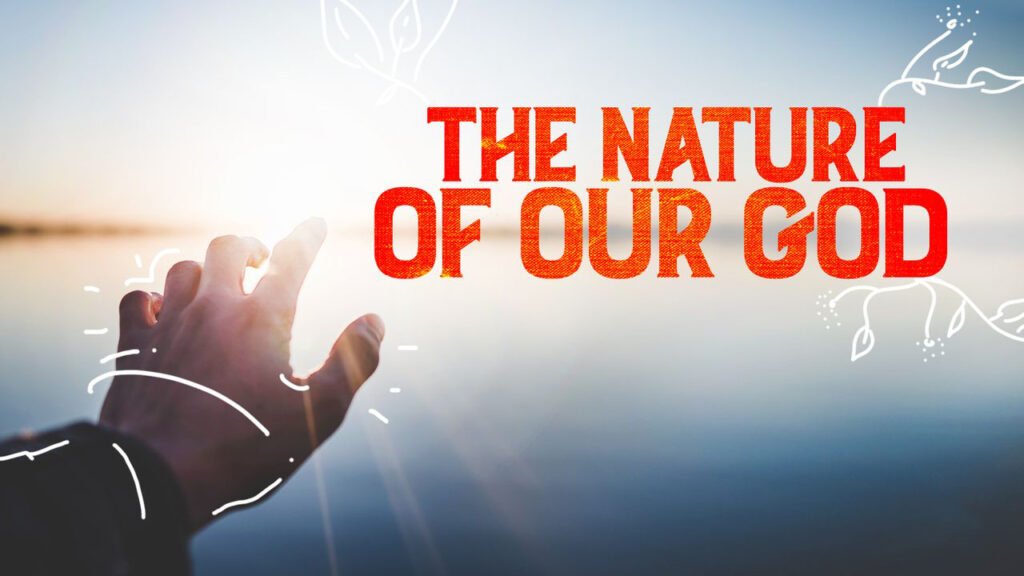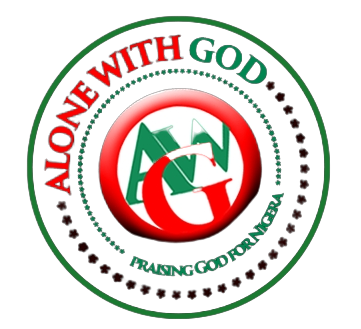
“God is a spirit, infinite, eternal, and unchangeable, in his being, wisdom, power, holiness, justice, goodness, and truth.” This succinct definition from the Westminster Shorter Catechism (Q&A 4) provides a sound place to begin our consideration of the nature of God to help us avoid inaccurate concepts and notions. In our day, many define God as an impersonal “higher power” or an unknowable “intelligent designer.” Others think of God in human terms—something like a larger version of themselves. However, the true and living God is neither an impersonal or unknowable force or a physical being. He is the infinite, eternal, and unchangeable God in all His perfections. God is the sovereign Creator and sustainer of all things. God is both incomprehensible and knowable. Christians recognize that God has made Himself distinctly known through the revelation of His Word. The transcendent God reveals Himself in Scripture—by His names and attributes—to be eternally self-existent in all His perfections.
God operates according to the law of His own nature. That is to say, God never acts in such a way that would contradict His own holiness, His own righteousness, His own justice, His own omnipotence, and so on. God never compromises the perfection of His own being or character in what He does. God is the ultimate Being. Before there was a universe, there was God. He exists independently of matter and sequence of time. God transcends space and time. He is not limited by spatial considerations (He is everywhere in His fullness continually). Nor is He locked into the present in any way. It is not strictly accurate to say that before the universe was created there was ‘nothing,’ for this, too, is a spatial and temporal idea: before the created universe existed, there was God. Theologians speak of God’s immensity, infinity, and transcendence to describe this and our minds race at the thought of it, unable to take it in. All we can do is acquiesce and worship.

